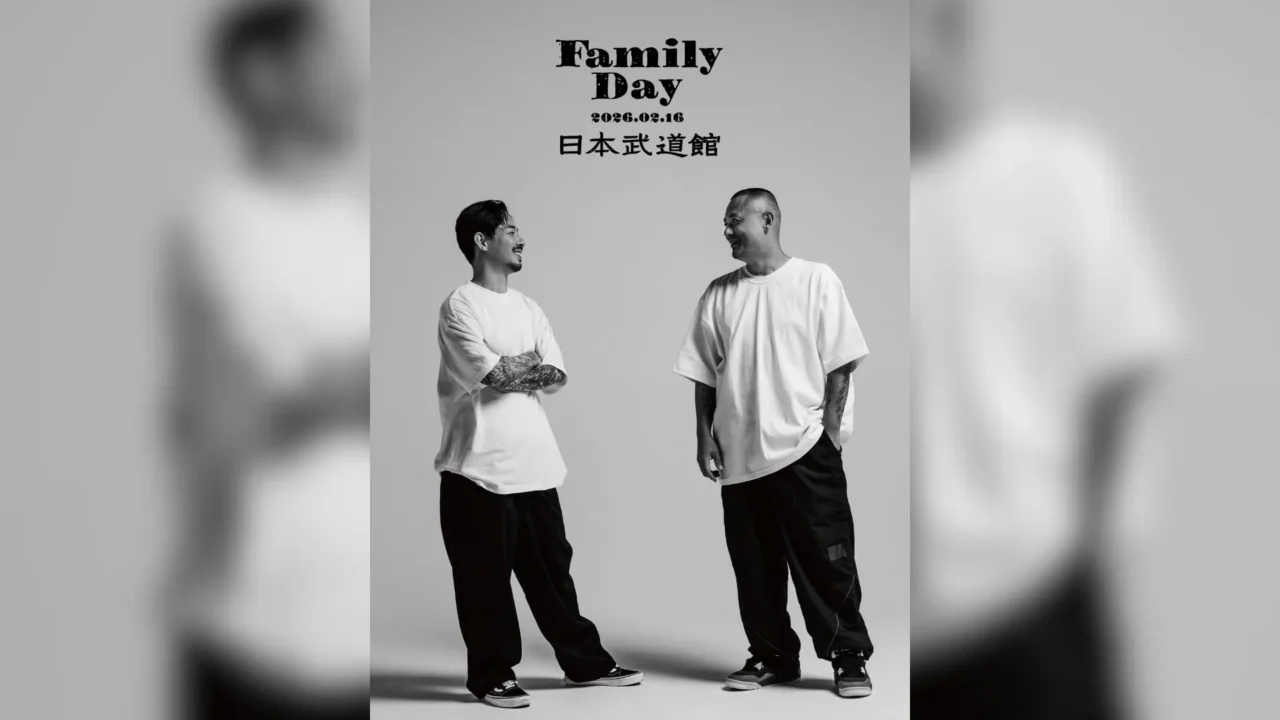INDEX
Emerging Words and Melodies from a Healthy State of Mind and Body
-Some of the tracks on the current album “Jumon” were already performed at live shows before the release of the previous album ‘Shinri’ in October 2021, right?
Orisaka: Yes, that’s right. I’ve been performing ‘Yakōboku’ in live shows for about four years now, and initially, I thought of including it in ‘Shinri.’ However, during the creation of ‘Shinri,’ it didn’t feel right for this album. ‘Yakōboku’ has a relatively minor key melody, but it’s a song that depicts scenes calmly, not something overly serious.
Orisaka: When I was making the album ‘Shinri,’ I had experienced the loss of close people and various other things that piled up, making it very serious. At that time, I wanted to focus on something happening within myself by singing about such experiences, and I wanted to create songs that could resonate with people living in the same era, songs that could save myself.
Those feelings still exist within me now, but they were much stronger back then. That’s why I intentionally left out songs like ‘Yakōboku,’ which depict scenes, during that time.
-I think “Shinri” is a wonderful album, and it reflects the earnestness of You at that time. But when I first listened to it, I thought, ‘If he continues to create such raw and intense work, Orisaka-san might eventually collapse.'”
Orisaka: That’s exactly it. It wasn’t until around last year that I finally realized that [laughs]. I was doing it, thinking it wasn’t good to continue like this… but I couldn’t quite shake off the mood from that time.

-So you tried to improve your life, as you mentioned earlier?
Orisaka: Yeah, that’s right. Initially, I approached it with a bit more technical thinking. I thought, ‘Maybe if I write songs like this,’ or ‘If I make a statement like that, maybe I can break free.’ But in reality, it wasn’t about that at all; what mattered was daily health. It was about embodying it through physical movement itself.
-Have the words and melodies coming from Orisaka-san changed as he becomes healthier both mentally and physically?
Orisaka: Yeah, exactly. It began with the first track, “Spell.” The song came together swiftly—it just clicked.
-The opening three songs starting with ‘Spell’ are very gentle and have a nice sense of relaxation, don’t they? If ‘Shinri’ was a work that imposed a certain tension, these three songs feel more like they’re unraveling. When we spoke at the end of last year, you mentioned listening to ambient music lately. Has this change in musical mode also influenced your work?
Orisaka: I think that’s very true. Before, I used to listen to ambient music while considering the context it existed in. Even now, I have that tendency. But the sensation I get from ambient music is similar to what I receive from furniture or utensils.
For me, when it comes to furniture or utensils, I use them without thinking too much about their meaning or context. It’s just about the texture or feel—like, ‘I really like the feel of this furniture.’ Ambient music gives me a similar sensation—it’s just about liking the sound, finding it pleasant.
I used to think that wasn’t good enough. There were times I felt trapped by meaning or context. But now, I’ve come to think that it’s okay to appreciate something just because I like it, even if I can’t explain why.
























